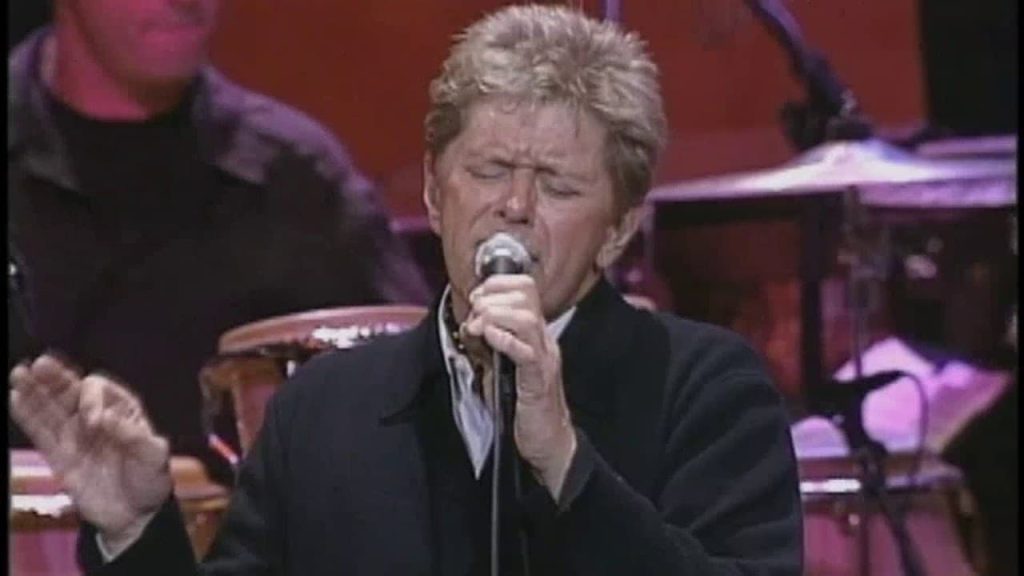
A Timeless Anthem of Enduring Affection and Cinematic Romance
Ah, “Glory of Love”, a power ballad that resonated deeply within the hearts of many when it first graced the airwaves, a testament to the enduring strength and unwavering devotion found in true love. Released in 1986 as the signature tune for the beloved film “The Karate Kid Part II”, this soaring anthem quickly climbed the charts, reaching the coveted number one spot on the Billboard Hot 100. It held that prestigious position for two glorious weeks, becoming an indelible part of the soundtrack of that era.
The story behind this iconic song is as captivating as its melody. Initially, Peter Cetera, the former lead vocalist of the legendary band Chicago, wasn’t even slated to be involved with the movie’s music. However, fate, as it often does, intervened. When another artist’s proposed theme song didn’t quite capture the emotional essence the filmmakers were seeking, Cetera stepped in. He collaborated with his then-wife, Diane Nini, and David Foster, a maestro of heartfelt ballads, to craft a song that would not only complement the film’s narrative but also stand tall on its own merits.
“Glory of Love” is more than just a movie tie-in; it’s a heartfelt declaration of commitment and unwavering support. The lyrics paint a picture of a love that provides strength and solace, a partnership where two individuals find unwavering support in each other’s arms. Phrases like “You’re the meaning in my life, you’re the inspiration” and “You’re the answer to my lonely prayer” speak volumes about the profound impact a cherished partner can have on one’s existence. It’s a sentiment that many who have experienced the deep connection of true love can readily identify with, a feeling that transcends time and circumstance.
The song’s emotional resonance was further amplified by Cetera‘s distinctive tenor voice, filled with both power and tenderness. His delivery imbued the lyrics with a sincerity that made listeners truly believe in the depth of the emotions he was conveying. Coupled with the lush instrumentation and soaring melodies, “Glory of Love” became an instant classic, a song that could stir the heart and evoke a sense of romantic nostalgia.
The success of “Glory of Love” was not confined to the United States. It achieved international acclaim, charting high in numerous countries and solidifying Peter Cetera‘s status as a prominent solo artist. The song even earned an Academy Award nomination for Best Original Song, further cementing its place in popular culture.
Thinking back to 1986, the airwaves were filled with a diverse range of music, from synth-pop to hard rock. Yet, amidst this landscape, “Glory of Love” stood out as a timeless ballad, a reminder of the enduring power of heartfelt emotion in music. It became a staple at weddings and a go-to for expressing deep affection. Even today, decades later, the song retains its ability to evoke a sense of warmth and nostalgia, transporting listeners back to a time when grand romantic gestures and powerful ballads reigned supreme. It’s a testament to the enduring quality of a truly well-crafted song that speaks to the universal experience of love in its most profound and unwavering form. “Glory of Love” remains a cherished melody, a gentle echo of a time when love songs soared and captured our hearts with their sincerity and grandeur.
Tạo Tổng quan bằng âm thanh